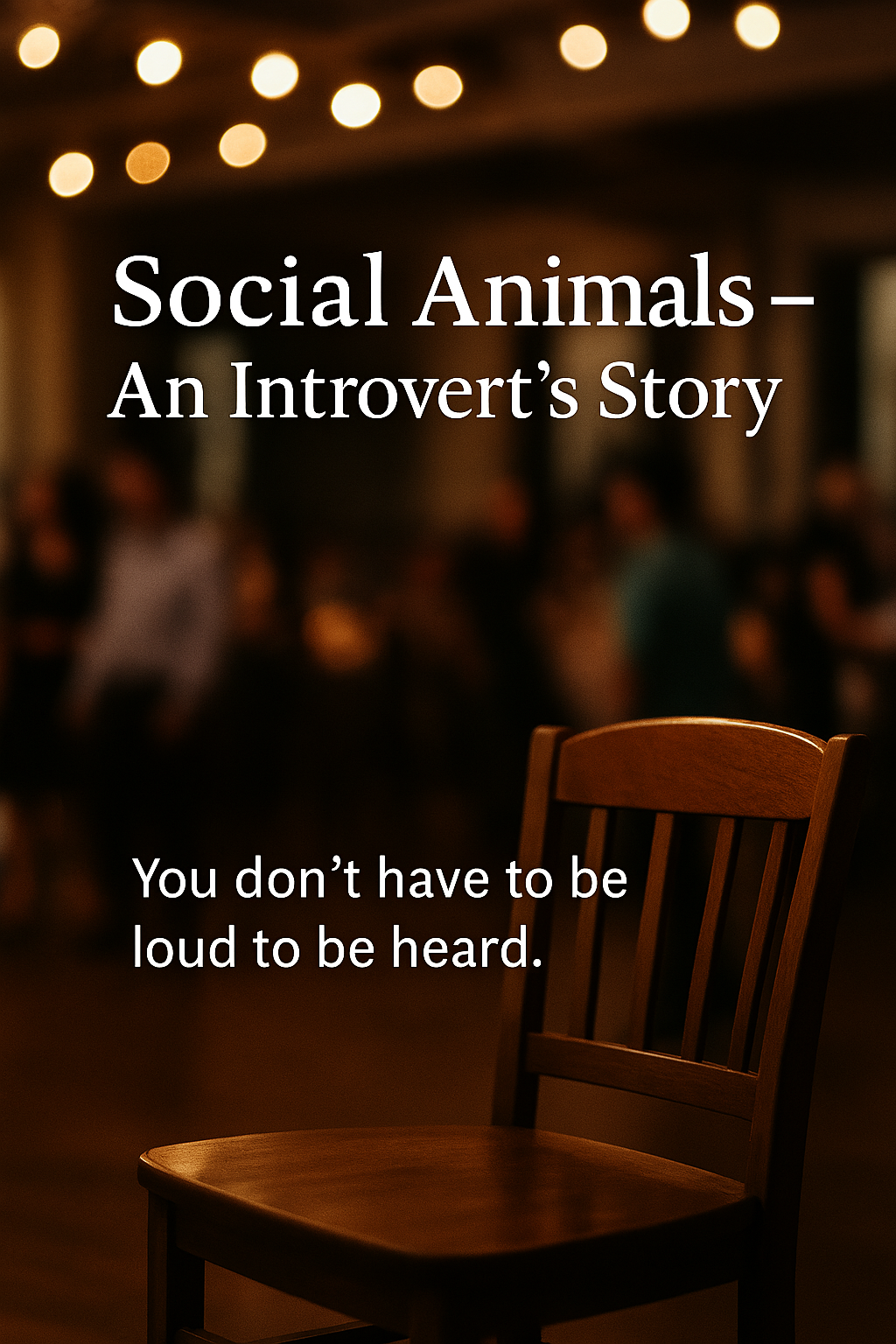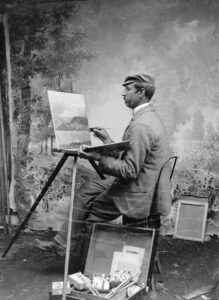You don’t have to be the loudest in the room to make an impact.
I’ve spent most of my life quietly observing, listening, and absorbing the world around me—not because I lacked confidence, but because I’m wired a little differently. I’m an introvert.
That surprises people. When I tell someone I’m shy by nature, I usually get a chuckle. “Really?” they ask, as if trying to reconcile the quiet observer with the confident professional. But that’s the thing about introverts—we’re not always who people expect us to be.
Growing up, I didn’t realize introversion was a thing. I just knew I needed space after social events. I’d attend the party, hold conversations, even enjoy myself—but afterward, I needed quiet. Stillness. Time to recharge.
It wasn’t a weakness. It was just… me.
And yet, being an introvert in a world that rewards charisma and visibility can feel like swimming against the current. Extroverts often light up a room without trying. Introverts have to summon that energy with intention—and recover afterward.
A Lesson in a Crowded Room
I’ll never forget the first time I walked into a national sales conference with hundreds of high-energy professionals, all buzzing with charisma. I was there to present—to lead, even. And for a second, I questioned whether I belonged.
But then I reminded myself: I didn’t need to be the loudest voice. I just needed to offer something valuable. So I focused on connection instead of control. And by the end of my presentation, I realized I’d made an impact—not by overpowering the room, but by showing up as myself.
Introversion and Leadership
As my career progressed, I began to see how my introversion gave me an edge—not despite it, but because of it. I noticed who wasn’t speaking up in meetings. I caught shifts in tone others missed. I listened carefully, processed thoroughly, and acted deliberately. That sensitivity served me well.
Over time, I learned to flex into extroversion when needed. I could present. I could lead. I could rally a room. But I also knew when to pause. When to pull someone aside. When to leave space for others to speak.
That balance—of observation and participation—became a leadership superpower.
Helping the Quiet Ones
Today, when I walk into a crowded room, I naturally gravitate toward two people: the talker and the quiet one. I let the talker carry the energy. But I also find the introvert standing quietly in the corner—the one trying not to look out of place. I walk over and introduce myself. Because I know what it feels like to be overlooked.
And sometimes, I’ll play the extrovert just long enough to make that person feel seen.
A Word for Fellow Introverts
If you’re an introvert in a world that feels loud, fast, and performative—don’t shrink yourself.
You don’t need to dominate the conversation to lead it.
You don’t need to be “on” all the time to be successful.
You don’t need to be different—you just need to be authentic.
Introversion isn’t invisibility.
It’s insight.
It’s reflection.
It’s presence with purpose.
And when the moment comes to step up—even if your heart races a little—step forward. Because you’ve got something worth saying.
About the Author
David Vega is a seasoned business leader, transformation expert, and community advocate. As CEO of Rockwall Capital Group, which owns The Rockwall Times, he combines his deep operational expertise with a passion for storytelling and uplifting local voices. David’s writing explores perseverance, leadership, and purpose, shaped by his own journey from humble beginnings to executive leadership. He lives in Heath, Texas, with his wife and children.







































